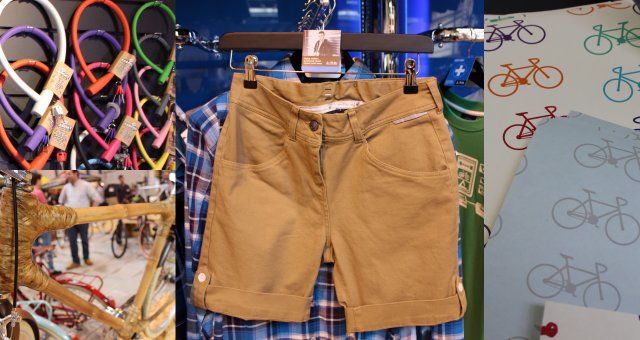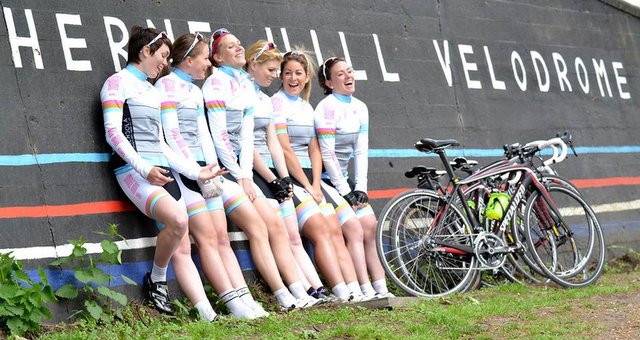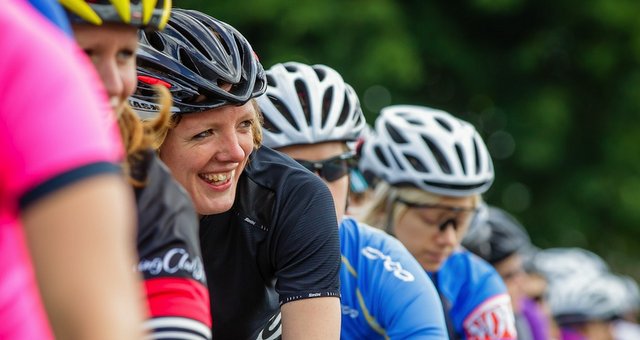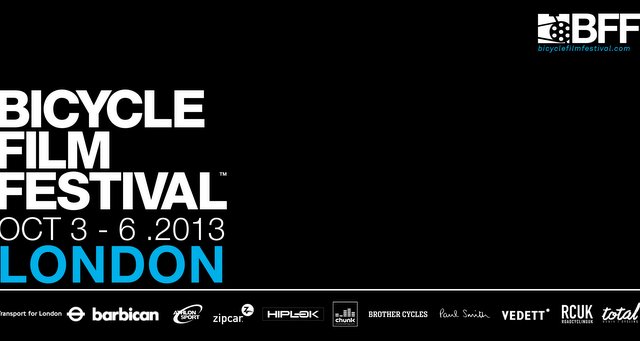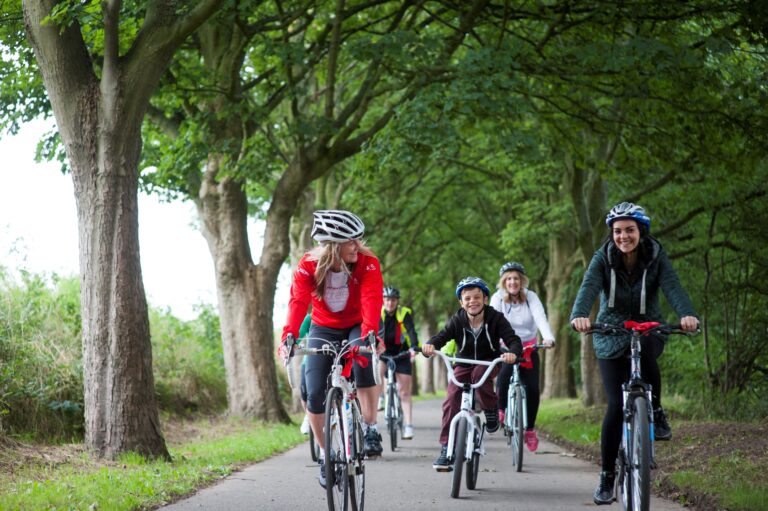If you start to list the races MTB pro-rider Sally Bigham has won, you’d be there for a while. The Transalp, the Cape Epic, and this year she added not only a win but a new course record at the gruelling Leadville 100 to her palmarés.
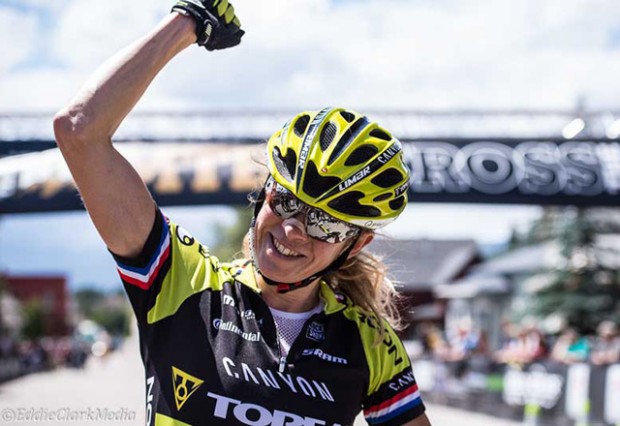
I started riding in 2006, when I was 28. I’m the complete opposite of a lot of professional mountain bikers as I started so late. It’s been a massive learning curve and it’s taken me a long time to learn.
I discovered running when I moved to the city to study, but I used to get loads of injuries. So one day I took my boyfriend’s mountain bike and decided I’d ride as far as I could. I went out for what at the time was a pretty epic ride.
When I came home my boyfriend’s words were something along the lines of ‘Why the **** did you ride so far?’
And I took it from there. I entered a 24hr race, which was my first race, and became completely obsessed with cycling, I guess because I could ride for a lot longer than I could run for. You can explore more and see more biking than you can running.
Technically, starting late meant that I was at a huge disadvantage. The first two years of my riding I spent on flat pedals, before I had the courage to try clipless pedals – so I did quite a few 24hr races in my trainers.
Eventually my boyfriend got me this really nice carbon Scott bike, and he said ‘you can’t put flat pedals on that, they’ll look ridiculous, so if you want the bike you have to start using clipless pedals’. I was kind of coerced into using them but once I did, I realised that they were pretty good.
Deciding to leave my career as a Psychology researcher and lecturer and take up racing professionally was one of the scariest decisions I’ve made in my entire life.
Team Topeak Ergon
I joined my race team Topeak Ergon in 2009 while I was still working full time as a lecturer. My team gave me some money towards races, my kit, and my results got better and better.
I was learning really quickly, and my results were improving just as quickly, and so every year my team gave me a better and better deal. It got to the point where I was thinking that if I want to play catch up and compete with the girls that I’m racing against, I really need to spend more time on the bike.
I spoke to my managers, and they let me go 4 days a week, and my results got better again, so I dropped down to 3 days a week. In the end I thought ‘I’m not getting any younger’, and if I want to achieve my potential in biking, then maybe I should put my academic career on hold.
It took me 6 months or more to make the decision, talking to various people, trying to decide whether I should or shouldn’t do it.
In the end I thought, I’ve got the rest of my life to chase an academic career, but I’ve only got a small window of opportunity to chase biking.
So I spoke to my managers again and they let me take a sabbatical for a year; my results during that year were even better still, so I extended the sabbatical for two years. When that was up I was due to return or give up the job.
My team then offered me a much better contract that allowed me to give up work completely and to race professionally. But during that transition I had to invest it cycling myself.
That first year I sold a lot of things to make the money to be able to fund myself, including my car. Even my parents started giving me pocket money. I think that a lot of riders who want to make it pro think that you just get given contracts, but you have to get the results first and the contracts follow.
Iron Sally
In my first year on the team, I kind of acquired the name Iron Sally because I had quite a horrible crash on the 6th day of a 7-day stage race. I was a pretty big mess after being high-sided, I had quite big holes in my elbow, but I finished the race that day, got staples in my arm, and then finished the event the next day.
My team, Topeak Ergon, say that ‘Iron Sally’ kind of portrays the determination and the ‘never give up, keep fighting’ attitude that I have.
It’s funny because if I hurt myself outside of a race I’m a big baby. I can’t stand the sight of blood, and my own blood in particular; I have a habit of fainting. Normally if I am going to faint, it happens after the race once I’ve crossed the finish line, but during the race I’m so determined – I guess it’s the adrenaline that keeps me going, and I don’t want to stop.
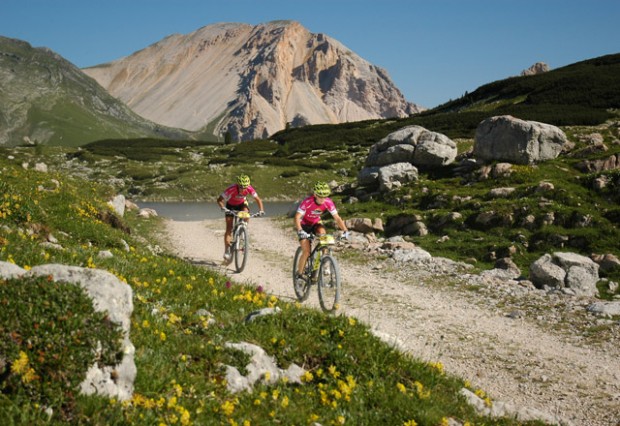
Stage races are brilliant; they really are the ultimate adventure, especially when it’s a point-to-point stage race like the Transalp. I think it calls to my adventurous side and that childhood side of me where I used to go out exploring on my horse.
When you’re doing a stage race you see some incredible places that you would never normally go to. I do look around, though I obviously don’t sit down and start taking photos, and it gives me that extra few percent to push even harder, if the view’s good.
This season has been my best season ever. The big race that sticks in my mind is the silver medal at the World Championships; that was a pretty special day. There are a few photos of me crossing the finish line where I look completely goofy!
One big moment I don’t think I’ll ever forget is the second time I won the cape epic. It was more special than the first time, because I won with Esther Suss, who is an incredible mountain biker and someone who inspired me from the beginning. She finished fourth in the London 2012 Olympics and she was marathon world champion in 2010. That race, because of who she is, how hard we rode, and how highly we placed within the men’s pair times, was special.
Then obviously to win Leadville with course record was a big goal, and a big relief especially after what happened last year, when I was sent of course by a marshal and lost time.
Leadville 100
The Leadville 100 is a 100-mile marathon race, out and back. It starts at 10,200 feet, which is just over 3,000 m, and goes up to just below 4,000m, so it’s a serious altitude. It’s interesting to try and deal with that, and try and acclimatise to that.
This year was its 20th edition, and its set in this town in Colorado, which is an interesting, quirky kind of place. You can see the old gold mining history there, and its got old saloon bars. I think the organisers started the race to bring some income into the town after the decline of mining there, and it really did take off – primarily I think because of Lance Armstrong’s appearance there, and a few other pro-riders who rode – so now its got a massive reputation worldwide.
I spent almost two weeks in Breckenridge before the race, to try and adapt to the altitude. Because it’s so high, you cant really train – it’s more about getting your body used to the altitude. The first ride that I did there this year, I was hardly going fast at all and my power was very low – but my heart rate was sky high! It’s quite a strange sensation – to be riding so easy, but to be so out of breath.
I was the first non-American female to win, and I think I had a lot of doubters in the US. I’d never ridden against Rebecca Rusch, the reigning champion of the previous 4 years, apart from last year. She is hugely admired and hugely respected in America. And I think there were a lot of doubters that I could beat her and beat her record, because she is so experienced at this race.
It was a little bit hurtful as well reading race reports about Rebecca’s win last year. They really bigged her up saying how shed beaten me, what all my previous results were, but they didn’t actually say that I’d been sent off course. So I wonder if a lot of people thought that she would have beaten me whether I’d been sent off course or not.
This year I felt like I had a bit point to prove. So to go there with the intention of wining and with the intention of setting a course record is quite a lot of pressure. To then achieve that is a big weight off your shoulders and a big relief at the finish.
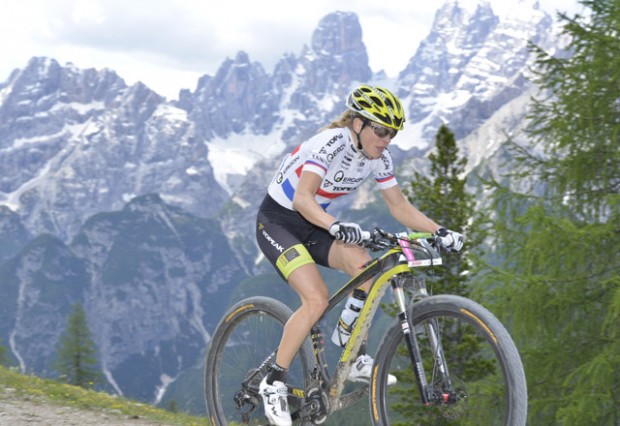
Training
I train with my coach, so after every training session I upload the power output data and he analyses it and then makes judgements on what I’ll do the following days. I ride 7 days a week; on my recovery days I still ride for an hour and a half at an easy spin. In the winter, I train between 20 and 30 hours a week, and I ride between 3 and 5 hours with intervals included.
About 90% of my training is on the road on my mountain bike because I want to be in the position that I race in, and I think that the transition of power is quite different on a mountain bike to a road bike.
What next?
A big goal for the future would be to win the World Marathon Championships – and I’d also really like to race in the Commonwealth Games next August! I feel confident I can ride cross country fast, and if I went to the Commonwealth Games it would be great to get a medal.
It’s fair to say that cycling has changed my life beyond recognition!
I couldn’t imagine doing anything else at the moment. Its incredibly hard work, and it’s very challenging, but I feel incredibly lucky and honoured to be doing what I do, I’m very grateful to everyone who helped me along the way.
Follow Sally in action via her Facebook page and Website. Interview with thanks to Maloja clothing.

